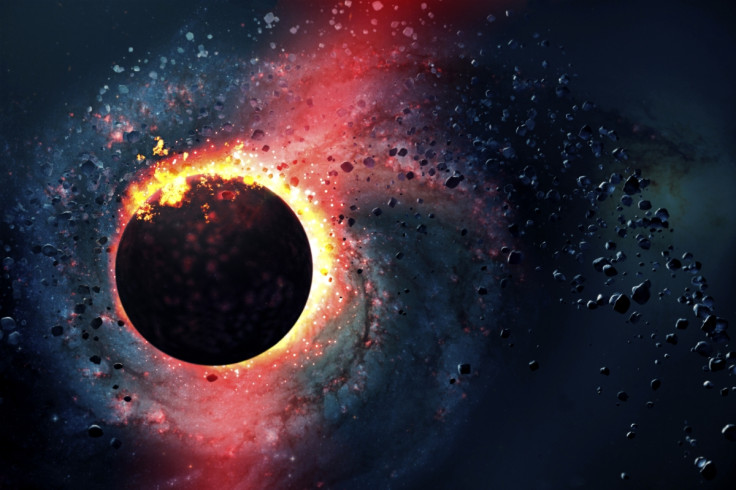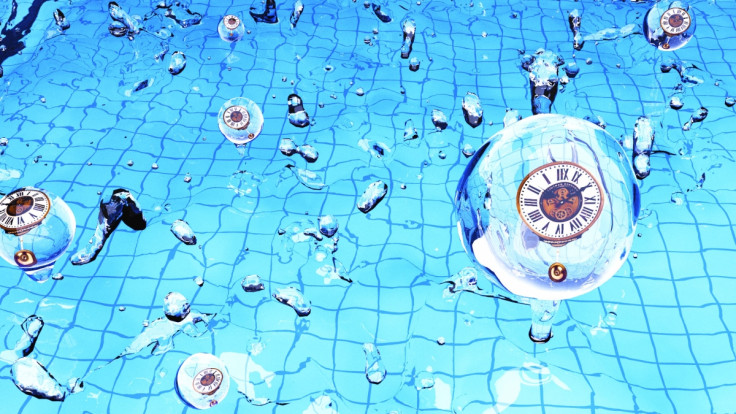What caused the Big Bang? Did Big Crunch or inflation kick-start the universe?

What came before the Big Bang has perplexed scientists ever since the theory was first proposed in the 1920s. Now, physicists say they may be able to answer that question within the next 10 years – establishing whether a Big Crunch or rapid inflation kick-started the universe.
This discovery follows the highly debated theories about how the Big Bang first began 13.8 billion years ago. The research was published in the Journal of Cosmology and Astroparticle Physics.
What are the theories surrounding the Big Bang?
The leading explanation is that the universe suddenly expanded and exponentially increased within the first second of its existence. This theory was introduced in 1981 as a means to explain other phenomena in astronomy, and scientists say the universe greatly "inflated" in just a fraction of a second.
However, other scientists believe an identical universe may have existed before our own. They suggest that this universe contracted before the Big Bang, right the way down to a single point in space, and then rebounded in a phenomenon known as the Big Bounce. The Big Crunch is the name used to categorise both the Big Bounce and Big Bang.
"Each scenario can have many details in its theoretical models that result in various astrophysical signals that can be observed today," said Yi Wang, researcher on the study. "Most of these signals may be shared by the different scenarios, but there are some signals that are unique fingerprints of each scenario."
How does the theory work?
As it stands, physicists have been able to find traces of these signals – for example, cosmic microwave background – which indicate the Big Bang did happen. What they are missing is the link that instigated it.
Xingang Chen, lead author of the study, said: "The information we currently have is akin to showing an audience many still pictures from a movie stacked on top of each other, but they lack proper time labelling for the correct sequence. He added: "As a result, we do not know for sure if the primordial universe was expanding or contracting."

They found that the primordial standard clocks would be present before the Big Bang in both scenarios. They can now analyse these heavy particles and put them in order, to essentially adapt those still movie pictures, into a feature-length film.
The scientists believe they can answer the questions surrounding the Big Bang, and whether it was caused by inflation or contraction. They suggest the results will be revealed within a 10-year period, beginning right now.
"The clock signals we are searching for are fine oscillatory structures that would manifest in measurements of the cosmic microwave background," said Wang. "Each primordial universe scenario predicts a unique pattern."
© Copyright IBTimes 2024. All rights reserved.






















